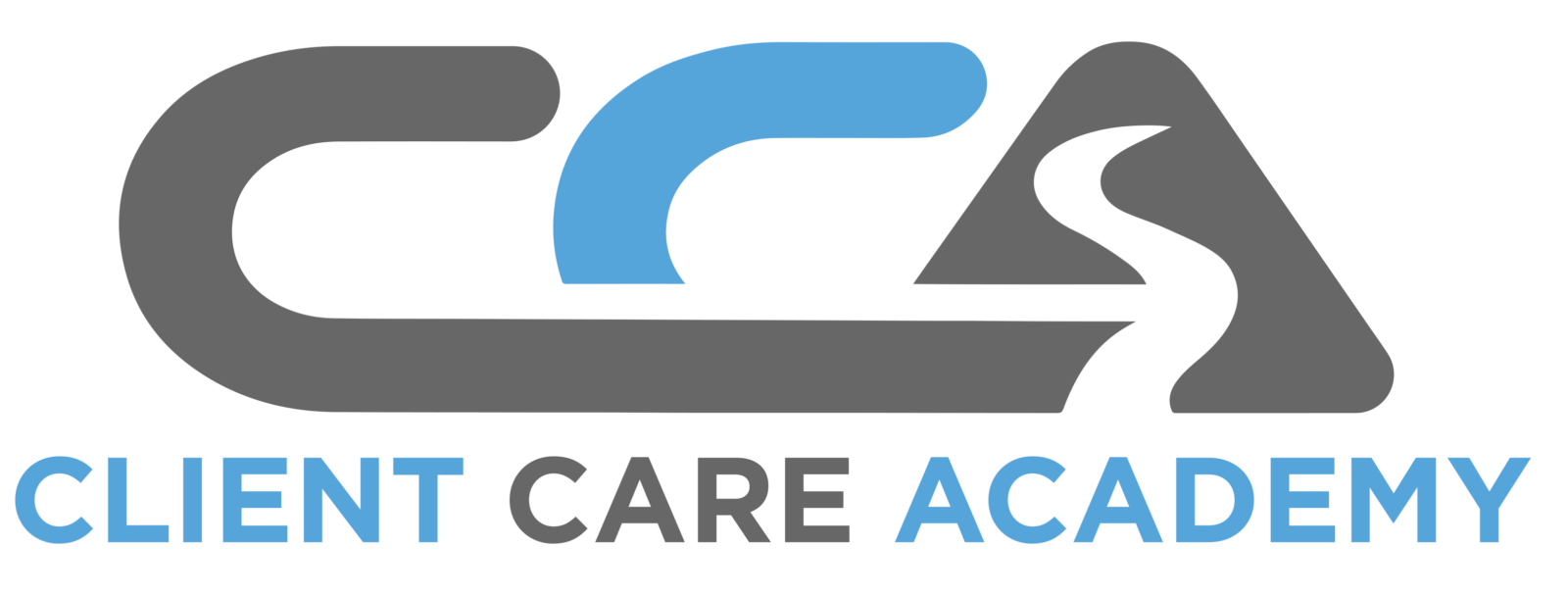This is really a two-part question. First, what do they want from you, and second, are they getting what they want from your law firm?
Remember that most clients, unless they work with attorneys on a regular basis, are not that comfortable with hiring and talking to lawyers. Their chief concern, as one savvy practitioner once told us, is that we not mess things up.
And it doesn’t matter if it’s a $5 million estate plan or a $15 million commercial transaction, trust is a critical piece in the lawyer-client relationship.
The second biggest concern, based on my decades of experience and anecdotal evidence from speaking with clients and colleagues, is about money. How much will they have to pay for an estate plan? Will there be add-ons that they don’t know about, and how expensive will those be? Are they going to get an expensive surprise invoice?
So first they are thinking, “Does this person know what they are doing? Can I trust them?”
And second, they are thinking, “What’s this going to cost me?”
Your clients will stay with you for their lifetime if they believe that they can trust you and your firm to do the right thing. That means everyone, from the person who answers the phone to the person who sticks postage on an envelope. We know of a firm that lost a client because their estate plan arrived in a paper envelope, which had been torn open. It would have cost the firm a few more dollars to put the documents in a Tyvek envelope, but they opted for paper and a response that of the thousands of documents the firm sent out, no one else seemed to have a problem.
How’s that for client relations?
Doing the right thing means different things for different clients. But globally, that means you’ll solve their problems, answer their questions, take their calls, and make things right. It also means that you’ll give information about the cost of your services, at a reasonable and fair price.
It also means that if there are any additional services needed, you will tell them in advance. And that the work you are doing for them will be complete. There won’t be any “Ooops, gosh we forgot to do that,” or, worse, “We told you that this was your responsibility. If you didn’t (fill in the blanks: retitle the asset, open and fund the trust, check your beneficiary designations), the whole estate plan doesn’t work.”
Sounds simple, doesn’t it?
One of the first things you learned at law school was how to prepare documents. But one of the first things that you will learn at the Client Care Academy’s Foundations Workshop is that you are not a document management system. Clients are not coming to you so that a paralegal can fill in some blank forms, or so an AI system can create a boilerplate will for them to sign.
You are a trusted advisor. They want you to protect their families, to tell them what needs to be done to protect their families, and set the entire thing in motion, so that if or when something happens to one of them, the surviving spouse and children will be cared for. Uncle Sam won’t get more than is absolutely necessary, heirs will receive the assets you intended, as you intended, and if you become incapacitated, you are well protected.
We’ll show you how to change up the conversation with clients in the upcoming Foundations Workshop. There’s just one more left in 2018, and we hope you’ll make the time to join us. Here are the details:
The last Client Care Academy Foundations Workshop in 2018, takes place on November 29-30. The Foundations Workshop is currently priced at $3,995 (for two people), with a $500 materials charge for each additional person. In 2019, prices will increase to $7,995.
If you have any questions, please let us know. You can reach Megan Davitt, Program Coordinator, at [email protected] or 888-341-6222.
Can’t make the program until next year? Learn how our program came about in my book, “How an Ordinary Lawyer Creates and Sustains an Extraordinary Client Care Program.”




